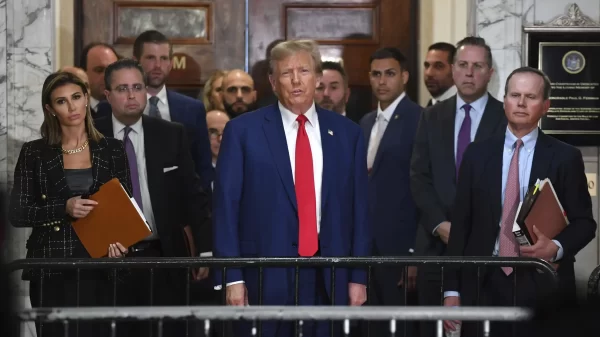By Bill Britt
Alabama Political Reporter
What do a conviction in New Jersey and a Montgomery Special Grand Jury have in common?
That is a question worthy of consideration, given recent events surrounding an ongoing investigation that appears to target Governor Robert Bentley and others in his political orbit.
The latest indication is that the Governor and his closest associates may be in the crosshairs of a criminal probe, over the firing of former ALEA Chief Spencer Collier and Bentley’s alleged affair with his former special advisor, Rebekah Caldwell Mason.
In letters exchanged between Attorney General Luther Strange and the Chair of the House Judiciary Committee Rep. Mike Jones, there is an acknowledgment of the Attorney General’s investigation into actions taken by Bentley and others.
In July, The Alabama Political Reporter was first to report that Bentley and others including his security detail, Collier’s replacement Stan Stabler, and SBI Director Gene Wiggins testified before the Montgomery Grand Jury.
Bentley’s testimony lasted for over two hours, and according to members of his staff, the Governor was visibly shaken and angry about subjects covered during the interview.
Bentley and Stabler have publicly accused Collier of misconduct and potentially criminal acts in what they said was an investigation carried out by ALEA’s Integrity Unit. The Governor’s office also selectively leaked documents destined for the Judiciary Committee to friendly media, in what appears to be a coordinated effort to defame Collier further.
The Montgomery County Special Grand Jury found Collier never acted improperly in his role as ALEA Chief, and a strongly worded statement from the Attorney General’s Office stated there was, “no credible basis for the initiation of a criminal inquiry in the first place.”
Earlier this month, two former allies of New Jersey Governor Chris Christie were found guilty of closing lanes to the George Washington Bridge in what prosecutors had alleged was an act of political retribution.
The pair were indicted in May for a scheme known as “Bridgegate.” They closed the upper-level lanes of the world’s busiest bridge connecting New Jersey with New York, as retaliation for a New Jersey mayor’s failure to endorse Christie’s reelection bid.
According to Politico, after Christie’s allies were found guilty, “The Fort Lee mayor who was targeted in the scheme, Mark Sokolich, said in an interview, ‘A bright light has been shined on a culture that is absolutely incomprehensible, where petty retribution is not only cultivated’ but it’s actually rewarded.”
House Judiciary Committee in announcing the suspension of its impeachment hearings confirmed the Attorney General was, “conducting a separate investigation of the Governor.”
Bentley’s repeated public accusation against Collier and documents leaked to the press that alleged wrongdoings have been refuted by the Montgomery Special Grand Jury and several of those quoted in planted news reports.
“Bridgegate” provides an interesting example of how using state resources and personnel to enact political revenge can mushroom into a criminal conviction. It also serves as a cautionary tale for those who traffic in amateurish political intrigue for revenge.






















































